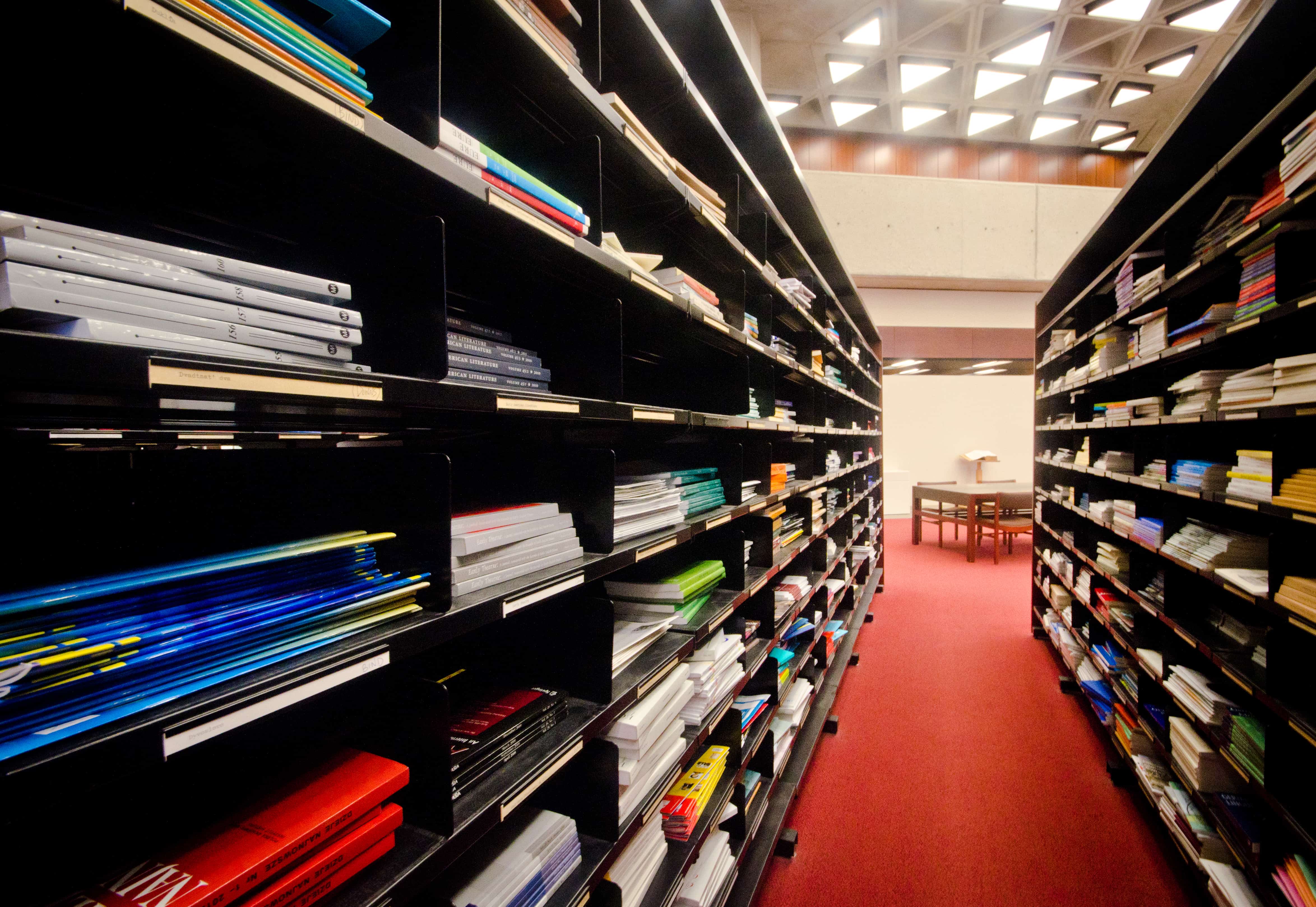As a University of Toronto student, I have access to all of the peer-reviewed articles I could possibly need. On campus, I can easily walk to Robarts and take out a book or journal. Off campus, in South Africa where I have spent the past three months working, access is just as easy; it takes a second to log on to the U of T library portal, enter my username and password, and immediately download any article I choose.
I tend to abuse this privilege. I’ll begin by retrieving an article actually relevant to my research (HIV prevention). But often, after attempting to gain some background information, I’ll realize that I’ve spent an hour reading about how the prevalence of malaria impacted European colonial policies.
It’s this gluttonous consumption of information that struck me when I met a researcher from Zimbabwe at a training session for HIV researchers in Cape Town. He runs a clinical trial site that tests novel methods of preventing HIV transmission. Reviews of HIV and contraception are essential to providing the best clinical care to his trial participants. But because he is not associated with a wealthy university, he lacks a subscription to a journal database, and cannot afford to individually purchase articles.
This is just one example of how the traditional academic publishing model prevents researchers in developing nations from retrieving the information they need. It is also one of the primary reasons why open-access publishing has grown rapidly over the past ten years.
Open access publishers, such as The Public Library of Science and BioMed Central, publish peer-reviewed papers on the Internet, and don’t charge access fees. To minimize costs, they only produce electronic copies and charge authors to publish articles; typically this fee is covered by the department. But in return anyone from experienced researchers to curious high school students can immediately access the article. There are also benefits for the publishing author: articles published in open source journals tend to be cited more than those published in traditional journals, an important consideration for PhD students and assistant professors looking for tenure.
In 2009, however, only one in five papers published in the medical sciences was available through open access. My own experience conducting research at U of T mirrors this statistic. The vast majority of papers that I’ve seen published by U of T researchers are submitted to traditional journals, which restrict access. U of T has moved towards open education in other areas, notably in the recent announcement that it will be offering free online courses through the American company Coursera (see pg 2). But our efforts to encourage open access publishing are lagging behind.
Two actions could bring U of T’s commitment to open access in line with other international institutions. First, the University of Toronto should join Harvard, Duke, and UCLA, and become the first major Canadian university to sign the Berlin Declaration of Open Access to Knowledge in the Sciences and Humanities. The Berlin Declaration was created in 2003 to encourage researchers to publish their work in an open-access fashion, and to encourage institutions to reward researchers who do so. Second, U of T students and professors involved with research, whether in the sciences or social sciences, should make an individual commitment to submit their papers solely to either open access journals or open access repositories.
If universities across the world implement these policies, it will be as easy for researchers in developing countries to access the information they need as it is for me to waste an hour of my time.


